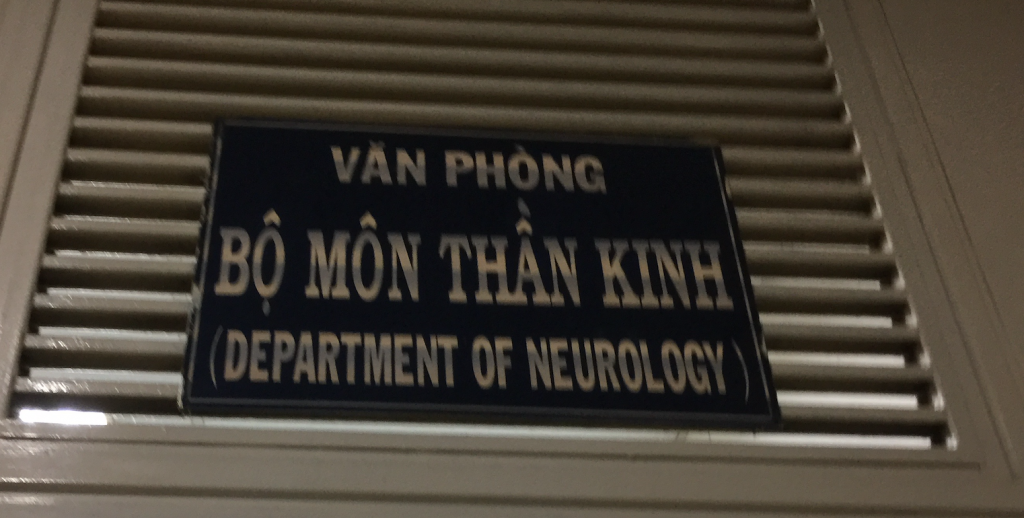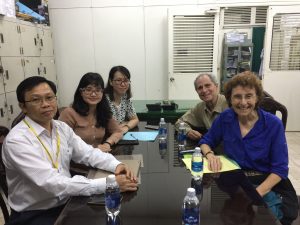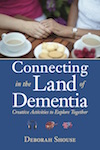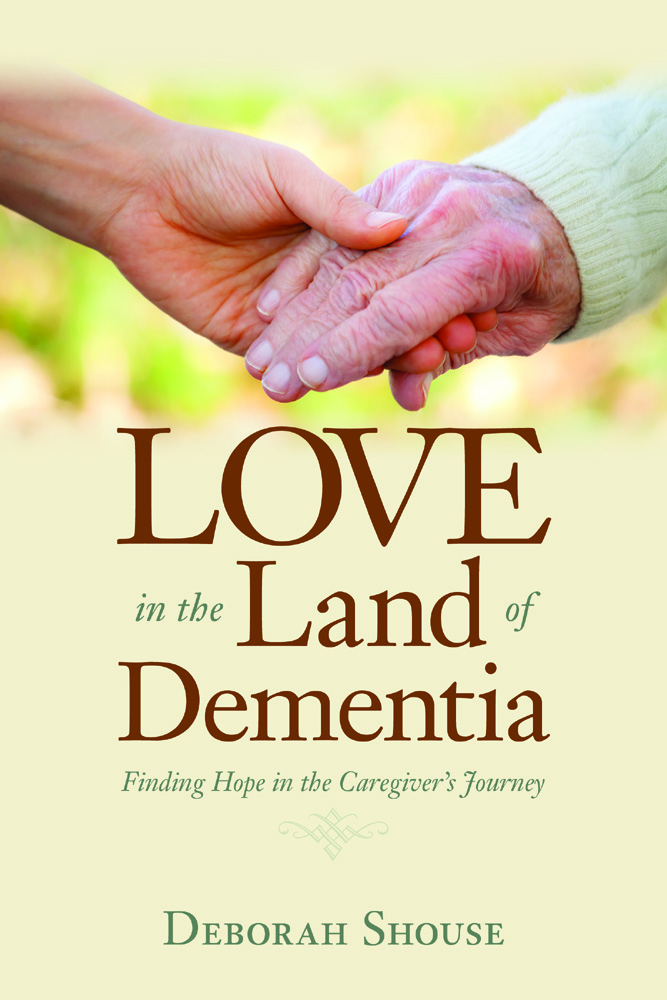
Educating on Dementia: A Vietnamese Doctor’s Quest
Throughout our journey in Vietnam, we met a number of inspiring elders. These include an 87-year-old public letter writer in the old Saigon train station, a 67-year-old woman carrying baskets of pomelos and bitter melons, a beautiful 74-year-old gardener hacking at weeds with a machete, a 100-year-old matriarch in a farming family, and an 83-year-old village chief. Because the life expectancy in Vietnam has risen over the last 20 years, its people are living longer. Along with that blessing comes an increased chance of dementia. Neurologist Trần Công Thắng. MD, and his team, Nguyen Tudny Vy and Le Thi Yen Vy, are dedicated to working with medical professionals and community members, educating on dementia.
“Many people think memory loss is just part of normal aging, ” Dr. Thang told us, when we visited him in Choray Hospital in Saigon. “We want people to understand that dementia is not a regular part of growing older—it’s a brain disease.”
Twenty years ago, few people were discussing dementia in Vietnam. But now, it’s a vital issue for two reasons. First, the country’s life expectancy has increased from age 64 to age 75. Second, many families no longer have seven or more children; they have two to three offspring. This intensifies the burden for family caregivers.
 Dr. Thang is a researcher, speaker, educator, and a founding member of the Association of Vietnamese Alzheimer’s Disease and Neurocognitive Disorders. Through his classes and diagnostic clinics, Dr. Thang and his colleagues offer people much needed information and resources. He is partnering with a local rehabilitation hospital in creating a day program for those living with dementia. The program will offer cognitive stimulation and social engagement for those living with dementia.
Dr. Thang is a researcher, speaker, educator, and a founding member of the Association of Vietnamese Alzheimer’s Disease and Neurocognitive Disorders. Through his classes and diagnostic clinics, Dr. Thang and his colleagues offer people much needed information and resources. He is partnering with a local rehabilitation hospital in creating a day program for those living with dementia. The program will offer cognitive stimulation and social engagement for those living with dementia.
Person by person, Dr. Thang is helping healthcare professionals understand the behaviors and issues associated with dementia. He hopes to make life better for family caregivers and their family members who have memory loss.


